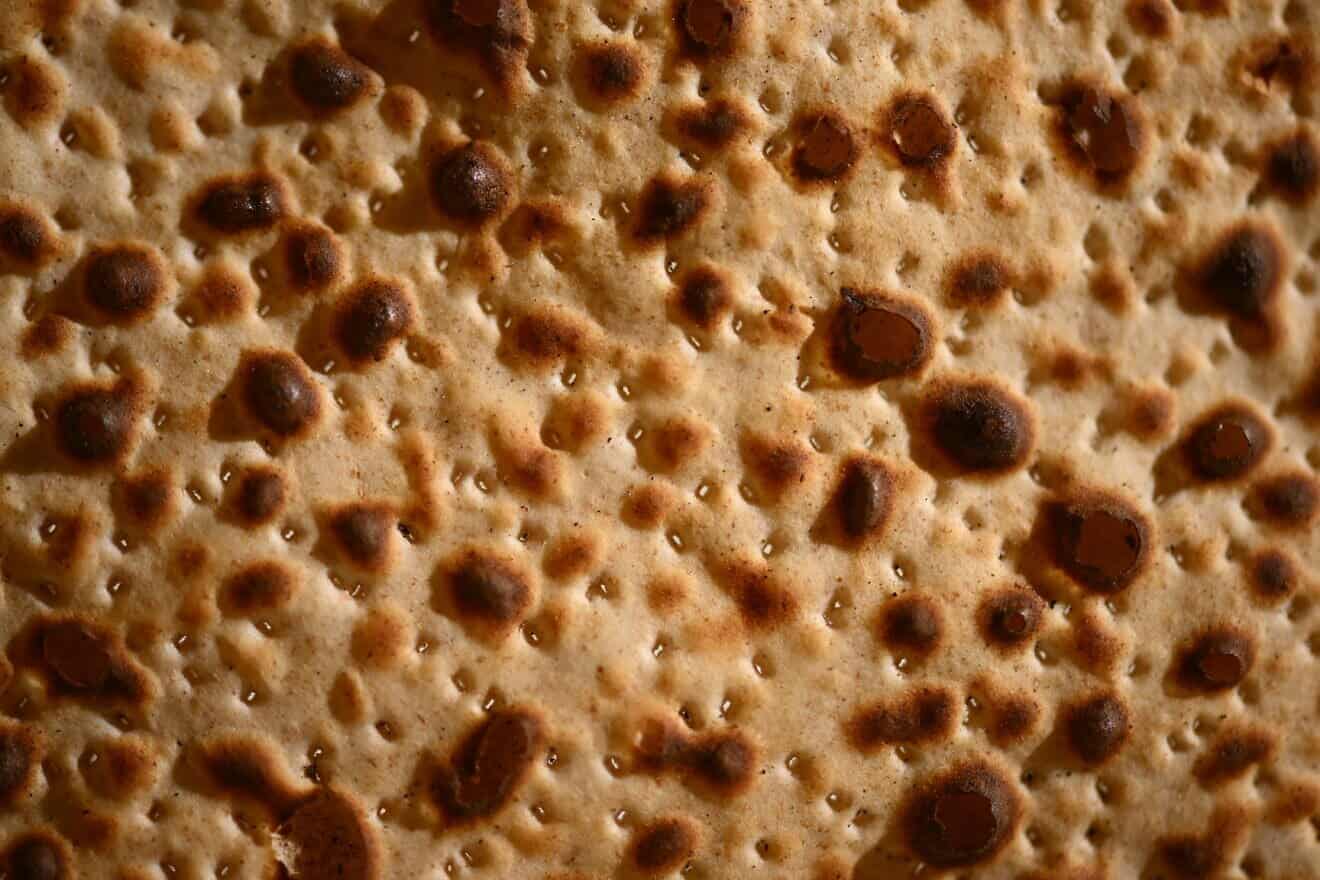I always look forward to Passover, and I know I’m not alone. According to conclusions from a 2013 Pew survey, you and I are more likely to attend a Passover seder than to fulfill the solemn mitzvah of fasting on Yom Kippur. The epicurean delights that frequent the seder table (and the mitzvah to drink copious cups of wine, I’m sure), are part of what draws us to the holiday. That, and the sense of renewal we feel from connecting with family and friends.
Still, I don’t think that’s the reason the “Festival of Freedom,” as this week-long celebration is often called, ranks so high on our preferred list of Jewish holidays, especially not when it also means swapping out many of our favorite snacks, candies and meals for a week of matzah and restraint. Passover’s enduring message, as I see it, isn’t to extol the Israelites’ long trek in the wilderness. And it’s certainly not about the labor-intensive sacrifices we make to celebrate. It’s about hope. It’s about the assurance that even in the worst of times, even after experiencing heart-wrenching loss, things can still turn out OK.
I’ve often been troubled by the dispassionate way that the Torah tells the story of the Exodus. We’re told of the troubles and danger the Israelites face as a community, but we’re kept aloof from understanding the real human story of the individuals and families experiencing that traumatic escape. It doesn’t take much to imagine the paralyzing fear that parents must have felt as they tried to ensure that their children didn’t fall behind. We can visualize what it must have been like for elderly members trying to keep their footing as they fled across the desert.
And we rejoice, like the Israelites do, when the community miraculously makes it across the Red Sea. But we aren’t told how many individuals may have been lost in the process—whether there were injuries or lasting emotional trauma from the experience. Those are the human, granular details we expect to hear in today’s news accounts.
But the individual stories don’t matter here, we’re told. It’s the collective experience that will shape their strength as a people and their future as a nation. It still seems like an odd way to value human life.
An individual’s story matters. It’s what shapes our humanity and triggers our compassion for another person’s misfortune. And it is at the individual level that we each are able to see the commonality we share with others. Right or wrong though, it’s a community’s collective efforts and successes that often define the importance of such history.
That’s why the story of the Exodus is such a powerful parable for the post-Oct. 7 world. It reminds us that individual grief can be temporary and that we can find healing, particularly when we join together as a community. The plight of the hostages still in Gaza, the antisemitic attacks that have monopolized our attention in North America and abroad, and the horrific loss of life from the Oct. 7 terrorist attacks in Israel and ongoing war can’t help but test our belief in humanity.
Yet as the Israelites eventually find, healing is possible. Although it took many decades, the Israelites made it to the Promised Land and became a productive, resilient nation. Their success is what sets the foundations for the global community we now call the People of Israel.
The Passover story reconnects us with our history, but it also serves to teach us how to draw hope and faith from our Jewish identity—hope from the lessons others teach us and faith in our potential to build on that remarkable legacy.


























